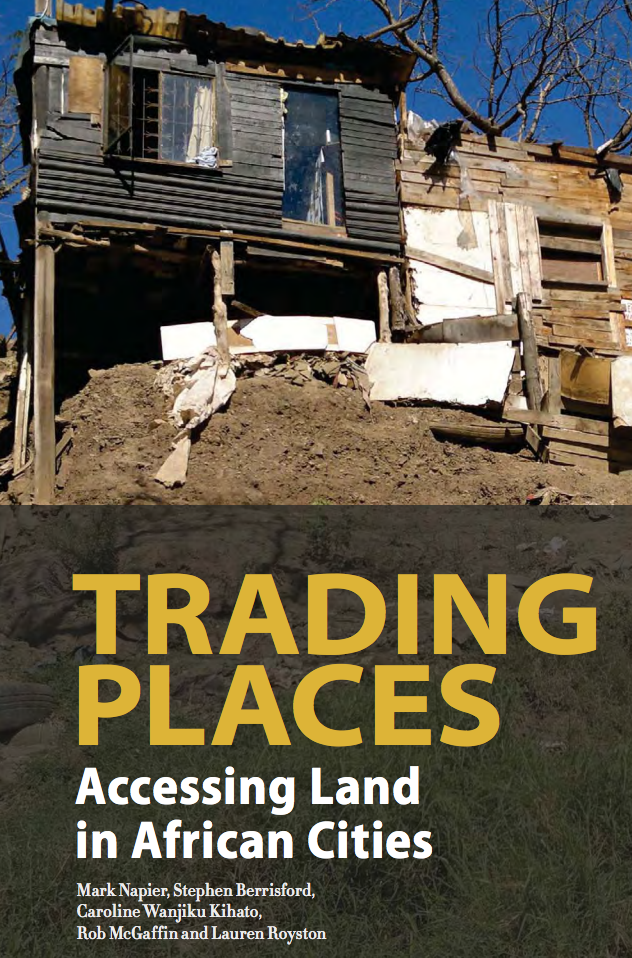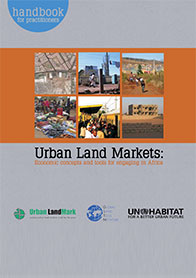Urban agriculture - a key to food security
Dar es Salaam is one of the fastest growing cities in sub-Saharan Africa. In its rapidly expanding peri-urban fringe poor migrants from distant rural areas settle down on plots they can afford that provide access to urban markets. They engage in commercial poultry farming establishing sustainable livelihoods and improving food security in the city.








